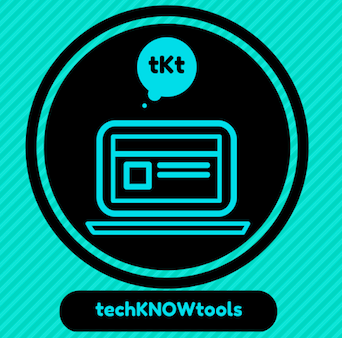In the first course week of #Rhizo15 Dave asked us to define our learning subjectives, specifically:
- How do we design our own or others learning when we don’t know where we are going?
- How does that free us up?
- What can we get done with subjectives that can’t be done with objectives?
After reading a the follow-up blog post & the list of #Rhizo15 Week 1 blog posts (Thanks, @Lenandlar) prompted me to respond. Learning is uncertain, and happens at the rarest moment.
As an educator, we get caught up with the standard Learning Objective slant for teaching and learning. Learning objectives (sometimes referred to as intended learning outcomes or course-specific goals) are clear statements to describe the competencies learners should possess upon completion of a course (Simon & Taylor, 2009; Harder, 2002; Kennedy, 2007). An effective learning objective identifies what a student would know and be able to demonstrate along with the depth of learning expected from the curriculum.
With #Rhizo15 the lack of learning objectives provides a lot of freedom to explore ideas, connect to meaning, and identify new ways of knowing. I think a learning subjective is when students are encouraged to make their own learning personal. I felt bad for a delayed blog post on this topic — but then I remembered — being subjective means individualizing and customizing my own way to learn. Subjective learning allows for more preference and flexibility, which provides dynamic ways to engage in uncertain patterns and developments from within a course. Learning objectives provide well-defined outcomes and intentions for learning. The openness of learning subjectives provides opportunities for students to drive the course agenda and direct their interests for topics. For some teachers and students, learning subjectives might place education out of its comfort zone to consider what a curriculum could be if defined by all those involved. I think
For many teachers and students, learning subjectives might place all outside of our educational comfort zones. Consider what your course and curriculum would be like if you showed up to class on the first day and asked everyone in the room to design & be a participant in your course? Bring on the blank stares. I suspect many students would walk out of the room or drop your online class. Not for the ability or empowerment of being part of the learning design process, but more out of the fear of the unknown. I think Tania‘s metaphor explained it best: a jigsaw puzzle. This daunting task of figure out where to put the pieces together for ambiguous learning is complicated and requires a lot of work. Are you ready to commit for this complicated and multi-layered task? Am I? Who knows? But I am willing to give it a try. [If I am overwhelmed by the #rhizo15 learning swarm – I always have Keith to ask. :)]
My learning subjective for #Rhizo15 will be en par with how I prefer to travel, e.g. backpacking across Europe. Travel light. Show up to the airport or train station. Select a random place to go. Identify a few things I might see or do. Be open to new adventures and experiences. Sure. I might get lost or not know the language – but I will figure it out or it will be an experience at least. The not knowing what is ahead is okay. I will find the way with others, as there are a number of locals and travelers I can have a chat with. Only memories (a few photos & blog posts) and connections will follow me home as souvenirs.
 #TBT from 2006 London – {Note To Self: I need to digitize my earlier travel photogs.}
#TBT from 2006 London – {Note To Self: I need to digitize my earlier travel photogs.}
I am looking forward to bumping into a few #Rhizo15 friends as I travel through this course. My learning pack is ready, and I want to explore. Some of you I will see soon (in person), others online, and then — who knows — I might even travel to a location near YOU soon (get your guest room or couch ready)! For now, I look forward to our learning travels online. Stay in touch!
References:
Harden, R. M. (2002). Learning outcomes and instructional objectives: Is there a difference?. Medical teacher, 24(2), 151-155.
Kennedy, D. (2007). Writing and using learning outcomes: a practical guide. Cork, Ireland: University College Cork.
Simon, B., & Taylor, J. (2009). What is the value of course-specific learning goals. Journal of College Science Teaching, 39(2), 52-57.
